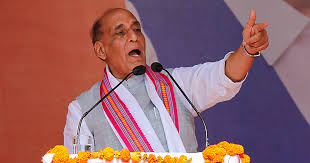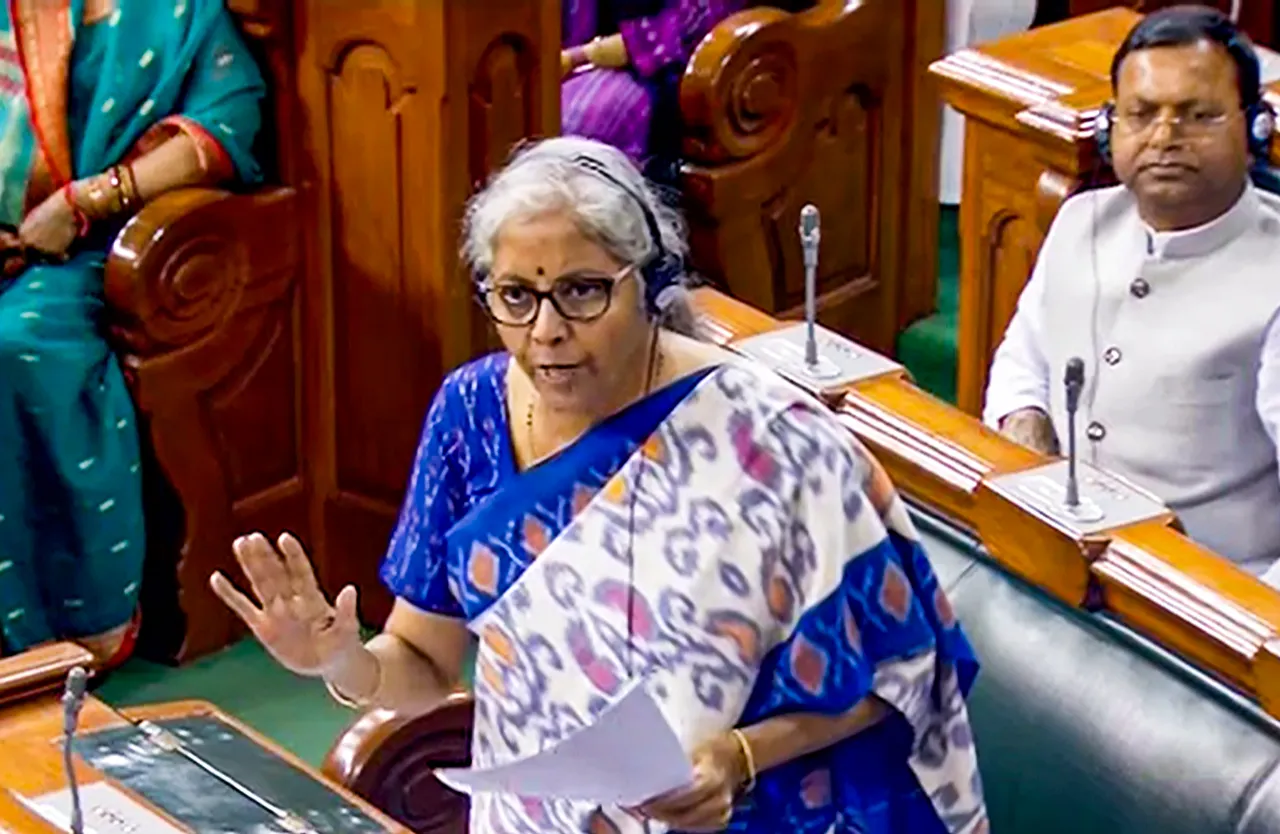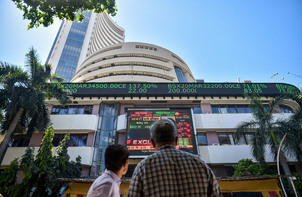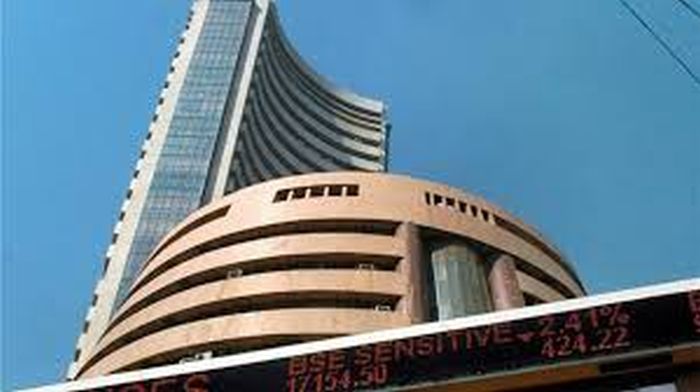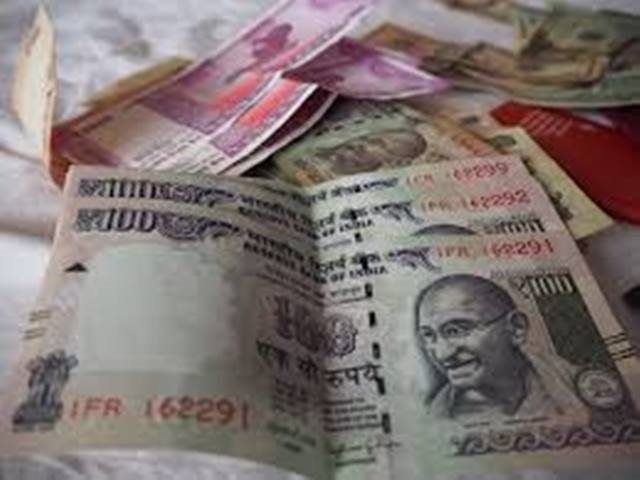New Delhi: Defence Minister Rajnath Singh on Sunday said Gaganyaan mission symbolises a “new chapter” in the journey of Atmanirbhar Bharat and called astronaut Shubhanshu Shukla and the other three chosen Gaganyatris as country’s “gems” and pioneers of national aspirations.
At an event hosted by the IAF at Subroto Park here, Singh felicitated the four Gaganyatris.
The ceremony comes after the successful Axiom 4 mission, in which Shukla was a team member and represented India.
“We do not see space only as a field of research, but as the future of tomorrow’s economy, security, energy, and humanity,” Singh said.
He said that India is steadily advancing beyond the Earth’s surface into “new frontiers of space.”
“We’ve already marked our presence from Moon to Mars, and today, the nation stands fully prepared for missions like Gaganyaan,” the defence minister said.
He termed the achievement as not merely a technological milestone, but “a new chapter in Aatmanirbhar Bharat when we are proudly standing tall among the world’s leading space powers.”
Singh underlined that India’s space programme is not confined to laboratories and launch vehicles, but rather a “reflection of our national aspirations and global vision.”
“From Chandrayaan to Mangalyaan, we have demonstrated that even with limited resources, an unlimited will power can transform the most challenging goals into remarkable accomplishments,” he said.
Group Captain Prasanth Balakrishnan Nair, Group Captain Ajit Krishnan, Group Captain Angad Pratap, and Group Captain Shubhanshu Shukla are the four chosen Gaganyatris.
Their names were revealed for the first time in the presence of Prime Minister Narendra Modi during his visit to the Vikram Sarabhai Space Centre (VSSC) in Thiruvananthapuram in February 2024.
The Gaganyaan project, formally announced by Modi in 2018, aims to send a three-member crewed flight into the 400 km-orbit for a three-day mission in 2027.
Singh felicitated the four Gaganyatris who are part of ISRO’s maiden human space flight mission.
Later in his address, he described them as “gems” of the country and pioneers of national aspirations.
The event hosted at Air Force Auditorium, was also attended by Chief of Defence Staff Gen Anil Chauhan and IAF Chief Air Chief Marshal A P Singh.
Shukla’s wife and son, and family members of the other three Gaganyatris, also attended the event.
Singh, in his address, pointed out that technologies derived from space, be it communication satellites, or for weather monitoring or disaster management, are servicing every village and every field across India.
“India cannot stay behind in the space journey,” he stressed.
In the coming times, space mining, deep space exploration, and planetary resources will “redefine the course of human civilisation,” he said.
Singh said that the world has entered an era, where space is no longer just a symbol of military power or technical prowess, but a “new stage” in the collective journey of human civilisation.
“India has always given the message of ‘Vasudhaiva Kutumbakam’ to the world. And, today, our scientists and astronauts are taking the same message to new heights,” he said.
Shukla is the first Indian astronaut to travel to the International Space Station (ISS). He, along with other fellow astronauts, returned to Earth last month after a 20-day space sojourn as part of Axiom Mission 4.
He met Singh on Thursday at the South Block where they discussed his space journey, the experiments he undertook in orbit, and Gaganyaan, India’s pioneering human spaceflight programme.
The defence minister in his address described Group Captain Shukla’s journey as a “symbol of civil-military fusion.”
“Though he wears the uniform of the Indian Air Force, his journey into space was not merely on behalf of the armed forces, or India alone, but as a representative of all humanity. His contribution to the civil sector, through this historic mission, will forever be recorded in history,” he said.
Underlining the need to prepare astronauts physically, mentally, emotionally, and psychologically, Singh highlighted the pivotal role played by the Institute of Aerospace Medicine.
“Group Captain Shubhanshu Shukla is a shining embodiment of that institute’s success,” the Union minister said.
Completing a two-and-a-half year’s training in just two-and-a-half months, Group Captain Shukla’s remarkable temperament showcased his dedication and the perseverance of Indians, Singh said.
“His extraordinary feat is not just a victory of science, it is a message of faith and dedication. It is not just India’s pride, it is proof of the progress of the entire humanity,” he said.
Later, Shukla shared with the audience his experience of travelling to the ISS.

